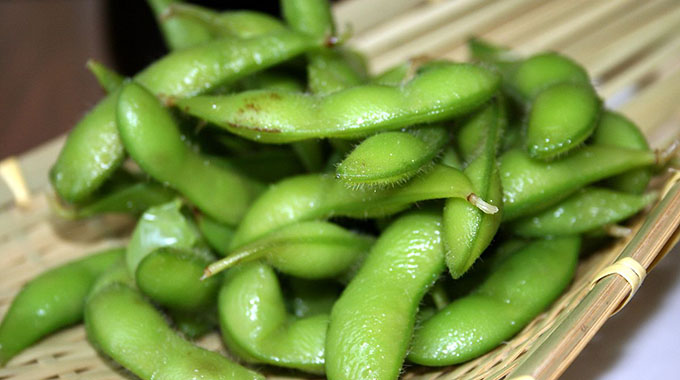Diversify, horticulture farmers urged

Elita Chikwati Senior Agriculture Reporter
Farmers have been urged to diversify production so they can access lucrative export markets for their produce.
The call was made at the 79th Zimbabwe Farmers’ Union (ZFU) congress in Masvingo last week.
There were concerns that horticultural farmers were restricting themselves to crops such as onions, tomatoes and leaf vegetables when there were other crops that were lucrative on the international market.
The congress heard that there were lots of lucrative export markets for local produce, but many farmers were failing to access them due to lack of knowledge and capacity.
It was also indicated that most farmers were hardworking but were producing the same crops for the local market resulting in huge losses as markets would be flooded.
It was proposed that farmers should come together to form groups that will enable them to diversify their product offering, which will increase their output and also ensure that they can effectively sustain supplies to foreign markets.
Presentations from Zimtrade indicated that Zimbabwe used to export large quantities of horticultural produce but was gradually losing the sophisticated markets.
Discussing with horticultural farmers at the congress, Zimtrade official Mr Admire Jongwe said in 1992 the country exported value added agricultural produce but was now exporting mainly raw products.
He said farmers could take advantage of the existing export markets by diversifying into other high value crops as peas, macadamia nuts, and baby marrows that were in demand on the international market.
“Zimbabwe used to export flowers, fruits and vegetables and 1992 was the peak. Now China offers the biggest market for macadamia fruits. Zimbabwe is also still the second biggest supplier of peas to the export market,” he said.
Mr Crosby Pamberi, an economist based in the Diaspora, said there was no quota or duty barriers on peas exports to the United Kingdom and local farmers could take advantage of that.
“Farmers should just be aware of the international market requirements. Nowadays the international markets require non-genetically modified products and Zimbabwe produces organic crops.
“Farmers should form groups and scale up to reduce costs. They can also value add their produce before exporting,” he said.
Agricultural Marketing Authority (AMA)chief executive Mrs Nancy Zitsanza said it was prudent that farmers joined hands in order to reduce costs even on the local market.
“Farmers can pool resources and they can secure markets as they will be guaranteed of continuous supply.
“It will also be cheaper if farmers transported their produce together to the market,” she said.
Some of the farmers confirmed that pooling of resources was beneficial while others said they were facing challenges securing lucrative markets such as hotels and supermarkets because of the high qualities required.
The farmers were advised to work with experts so they are aware of the type of horticultural produce, the quantities and quality demanded by specific international markets.










Comments